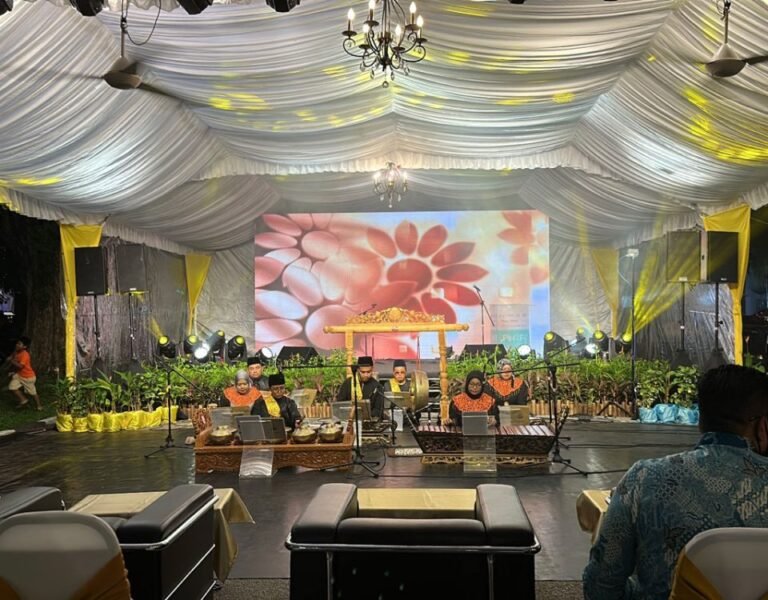The global chatbot market is projected to reach $27.3 billion by 2030, growing at a CAGR of 23.3%, according to Grand View Research (2024). In the healthcare sector alone, over 50% of patient appointments are now influenced or managed digitally, as reported by Accenture. Businesses are increasingly relying on AI-driven automation, and appointment booking is one of the primary areas witnessing chatbot adoption.
A Chatbot App Development Company today must prioritize building intelligent, efficient, and context-aware bots that enhance user interaction while reducing operational burdens. Appointment booking systems, once manual and error-prone, now benefit from intelligent chatbots that handle scheduling with precision and speed.
Why Use Smart Chatbots for Booking?
Smart chatbots are not just text responders. They interact, understand, and act based on user intent. Their use in appointment systems brings several advantages:
Core Benefits:
-
24/7 Availability: Chatbots allow bookings outside office hours.
-
Reduced Human Errors: Eliminates double-booking and scheduling conflicts.
-
Cost-Efficiency: Reduces need for human customer service agents.
-
Scalability: Manages thousands of interactions simultaneously.
-
Integration Friendly: Connects with calendars, CRMs, and payment gateways.
Key Technologies Behind Smart Appointment Chatbots
A smart chatbot for bookings must integrate multiple technologies to be efficient and accurate.
1. Natural Language Processing (NLP)
NLP enables the bot to understand user language and intent. For instance, “Book a slot with Dr. Smith this Friday” triggers specific backend functions.
2. Machine Learning (ML)
ML helps the chatbot learn from past conversations. This allows better prediction of user needs and more accurate replies.
3. Entity Recognition
Entities like date, time, location, and names must be identified correctly. Smart bots use libraries like SpaCy or Google’s Dialogflow to extract these.
4. Calendar APIs
Bots connect to calendar systems (Google Calendar, Microsoft Outlook) for real-time availability checks.
5. Payment Gateway Integration
Many services require payment to confirm bookings. Bots integrate with Stripe, PayPal, or Razorpay for seamless transactions.
Architecture of a Smart Appointment Booking Chatbot
Here is a simplified architecture of how such a system operates:
|
Component |
Description |
|
User Interface (UI) |
Web, mobile app, or messaging platform (WhatsApp, Facebook Messenger) |
|
NLP Engine |
Processes user input and extracts intent and entities |
|
Dialog Manager |
Manages conversation flow and session context |
|
Backend Scheduler |
Syncs with databases, calendar APIs, and performs booking operations |
|
Notification Service |
Sends SMS, email, or push confirmation/reminders |
|
Payment Gateway Module |
Handles transactions if the booking involves a paid service |
Real-World Examples
Example 1: Healthcare – Appointment Scheduling
Apollo Hospitals in India uses a chatbot that enables patients to book appointments by simply stating symptoms or preferred time slots. The chatbot syncs with the hospital’s ERP to show available doctors and timings.
Technologies Used:
-
Dialogflow (NLP)
-
Firebase backend
-
Google Calendar API
-
Twilio SMS notifications
Example 2: Salon Services – WhatsApp Booking
A regional salon chain implemented a WhatsApp chatbot through a Chatbot App Development Company. Customers select preferred services and slots. The chatbot confirms appointments and sends reminders automatically.
Key Features:
-
WhatsApp Business API
-
Razorpay for payment integration
-
Slot availability via Google Sheets API
Critical Features in a Booking Chatbot
For optimal results, a chatbot must include:
Intelligent Input Handling
-
Accepts natural phrases (e.g., “Book a haircut at 4 PM tomorrow”)
-
Corrects typos and offers suggestions
Real-Time Slot Availability
-
Syncs with digital calendars
-
Blocks already occupied slots automatically
Confirmation and Follow-up
-
Sends booking confirmations instantly
-
Reminds users before the appointment
Rescheduling and Cancellations
-
Offers users options to modify or cancel
-
Updates backend records in real time
Multichannel Support
-
Operates across web, mobile apps, WhatsApp, and Facebook Messenger
Common Challenges in Deployment
Smart booking bots are powerful but not free from challenges:
-
Ambiguous Language: Users often use vague phrasing. The bot must ask clarifying questions.
-
Integration Complexity: Connecting legacy booking systems with modern APIs can be complex.
-
User Authentication: Securing bookings using OTP or OAuth requires careful implementation.
-
Timezone Handling: For global businesses, managing user timezones accurately is critical.
Security and Privacy Considerations
Booking systems often handle sensitive data like phone numbers, medical history, or card details.
Key Security Measures:
-
Data Encryption: All user input and stored data must be encrypted (AES-256 or TLS 1.3).
-
GDPR and HIPAA Compliance: Especially for healthcare bots.
-
Authentication Layers: Use multi-factor authentication (MFA) for login and confirmation.
Comparison Table: Chatbot vs Traditional Booking
|
Feature |
Traditional Booking |
Smart Chatbot Booking |
|
Availability |
Limited to working hours |
24/7 |
|
Human Dependency |
High |
Minimal |
|
Booking Speed |
Slow (2-5 min avg) |
Instant (under 30 seconds) |
|
Rescheduling Flexibility |
Manual calls/emails |
Instant via chat |
|
Error Rate |
Higher |
Significantly lower |
|
Scalability |
Limited by staff |
Infinite users simultaneously |
Industries Benefiting Most from Chatbot Booking
Smart appointment bots are industry-agnostic. Some sectors gaining the most include:
Healthcare
-
Clinics, hospitals, diagnostic labs
-
High booking volume and need for 24/7 availability
Personal Services
-
Salons, spas, and fitness trainers
-
Reduces last-minute cancellations
Education
-
Universities and coaching institutes for admissions or consultations
Legal and Consulting
-
Law firms and financial advisors
-
Clients book directly based on availability
Role of a Chatbot App Development Company
A skilled Chatbot App Development Company brings both technical expertise and industry understanding. Key responsibilities include:
-
Designing conversation workflows
-
Integrating third-party APIs (calendar, CRM, payment)
-
Deploying across platforms (web, mobile, WhatsApp)
-
Ensuring compliance with security and privacy regulations
Choosing a company with experience in NLP, API integration, and data privacy is critical for success.
Future Outlook
Appointment chatbots will evolve with deeper personalization and predictive capabilities. Key trends include:
-
Voice Integration: Bots that accept spoken appointment requests.
-
Emotion Detection: Bots that adjust tone based on user sentiment.
-
Predictive Scheduling: AI suggests optimal times based on previous behavior.
Conclusion
Smart chatbots are reshaping how businesses handle appointment scheduling. They provide speed, efficiency, and customer convenience. By reducing manual tasks and integrating with modern APIs, these bots deliver real business value. A professional Chatbot App Development Company can help implement a tailored, secure, and efficient appointment booking system that aligns with organizational needs.
For businesses aiming to scale without compromising service quality, investing in smart appointment chatbots is a strategic step forward.





